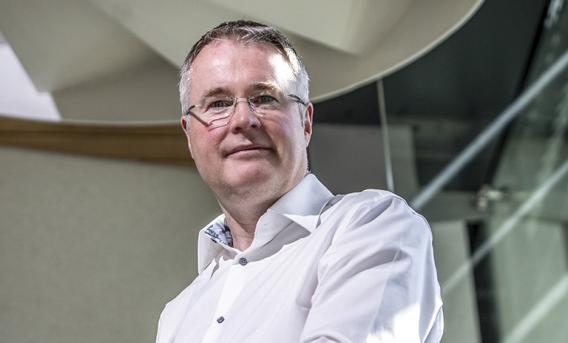News
EPCC HPC Summer School 2023
This weekend we welcome eight students to our new HPC Summer School.

Big Bang Fair 2023
We're looking forward to meeting everybody at this year's Big Bang Fair in Birmingham!

Learn new coding skills at the SSI's Research Software Camp: FAIR software
The Software Sustainability Institute's Research Software Camp will run from 19–30 June. Join in, develop new coding skills, and learn more about FAIR software.
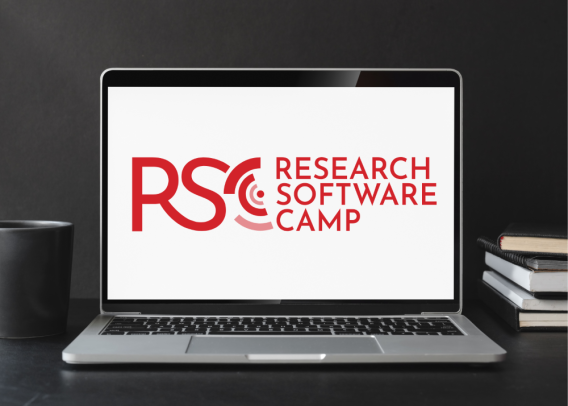
Simulating quantum circuits on GPUs
The EPCC Quantum Applications Group has been investigating the use of HPC for the efficient simulation of quantum circuits and algorithms.
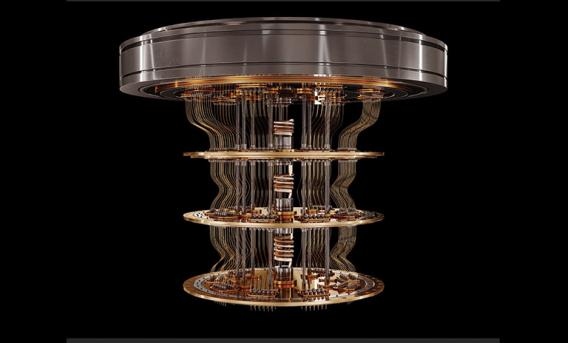
Parallelising Macauff photometric catalogue software for the LSST:UK cross-match service
EPCC is undertaking a number of projects in support of LSST:UK, the United Kingdom participation in the Vera C. Rubin Observatory's Legacy Survey of Space and Time.
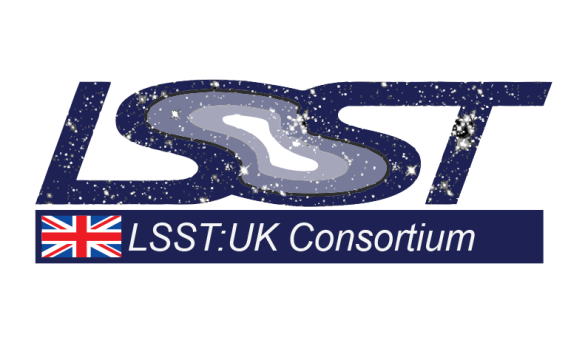
Working as an EPCC Systems intern
Cybersecurity undergraduate Daniel Pizarro writes about his internship at EPCC.
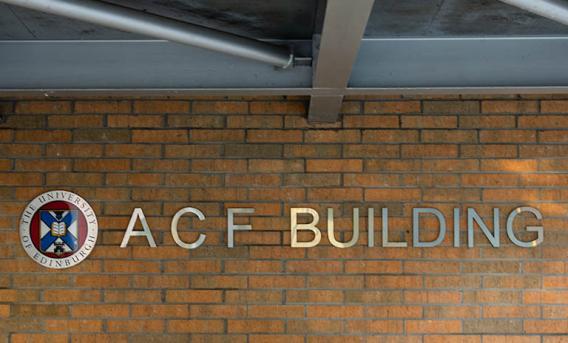
How it feels to be a winner!
Members of TeamEPCC give their first reactions to their incredible win in the ISC23 Student Cluster Competition.

Summer EPCC News: online now
Read the latest issue of our newsletter!
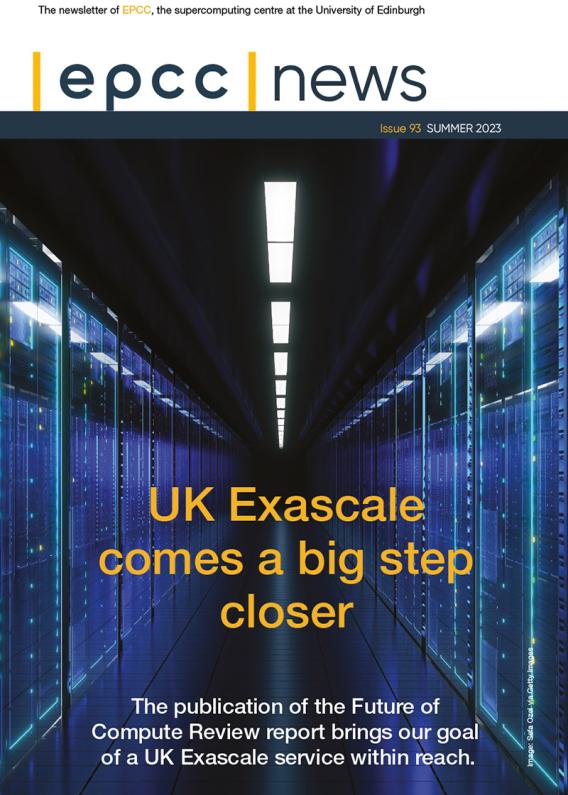
TeamEPCC wins Student Cluster Competition at ISC-HPC 2023
TeamEPCC takes overall first place in the Student Cluster Competition at ISC23
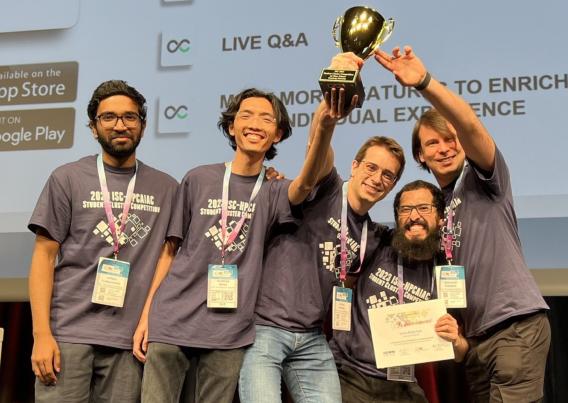
UK Exascale comes a big step closer
In June 2022, the world’s first officially recognised Exascale supercomputer was announced at the International Supercomputing Conference in Germany.
